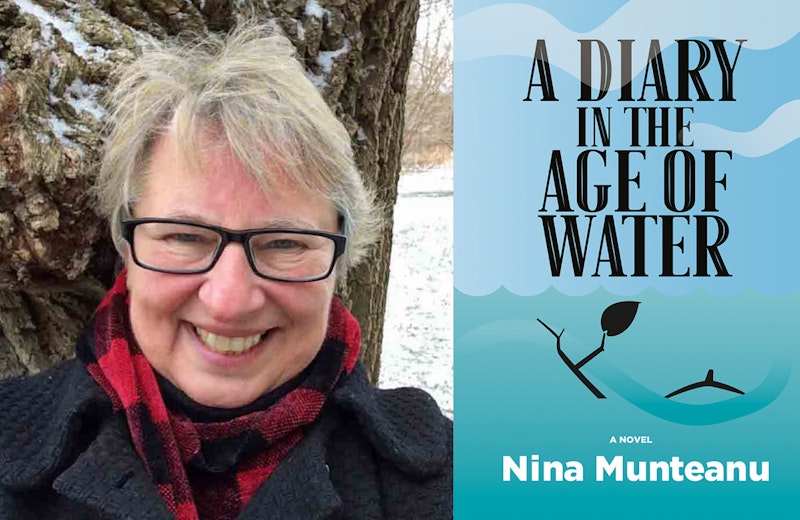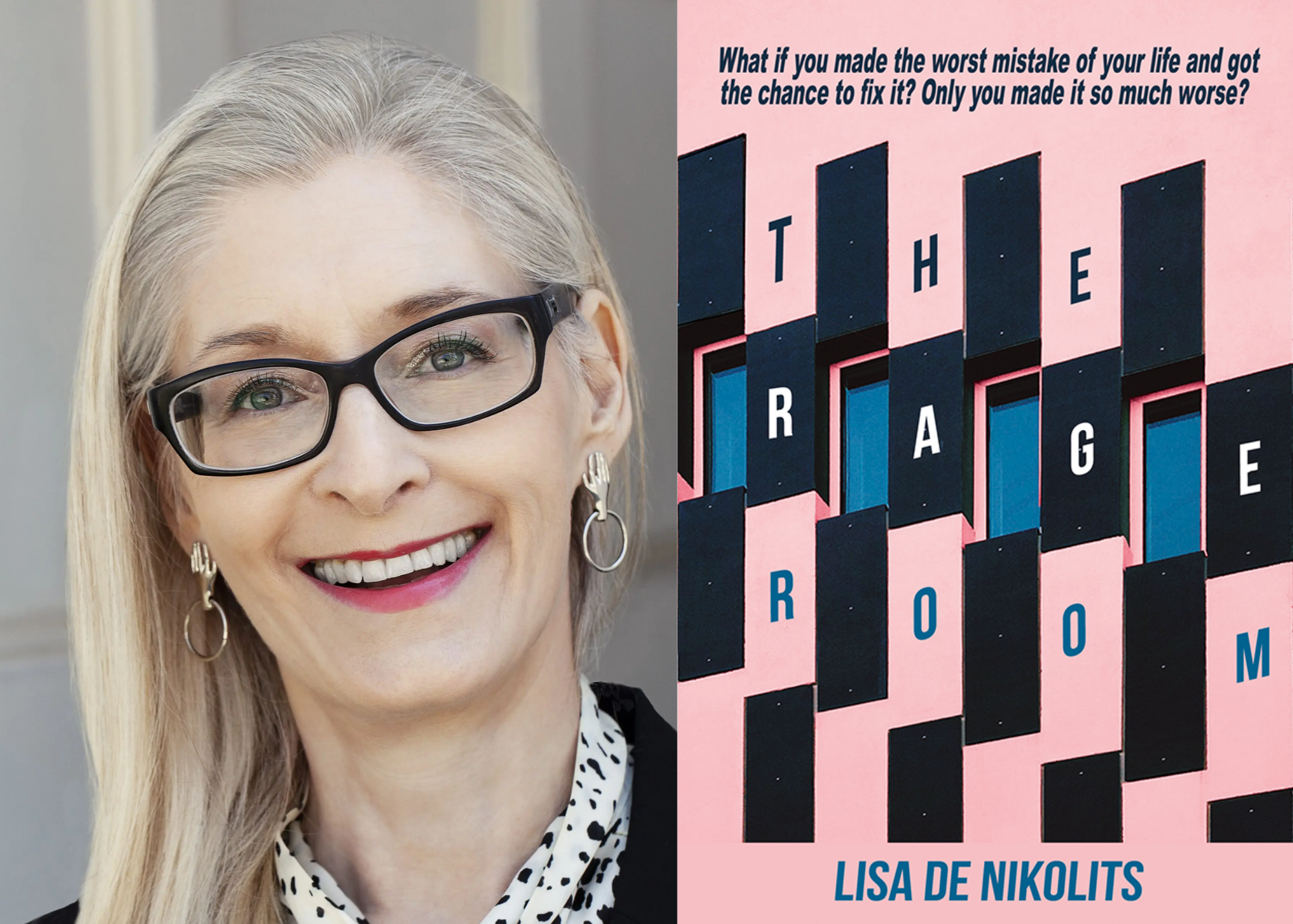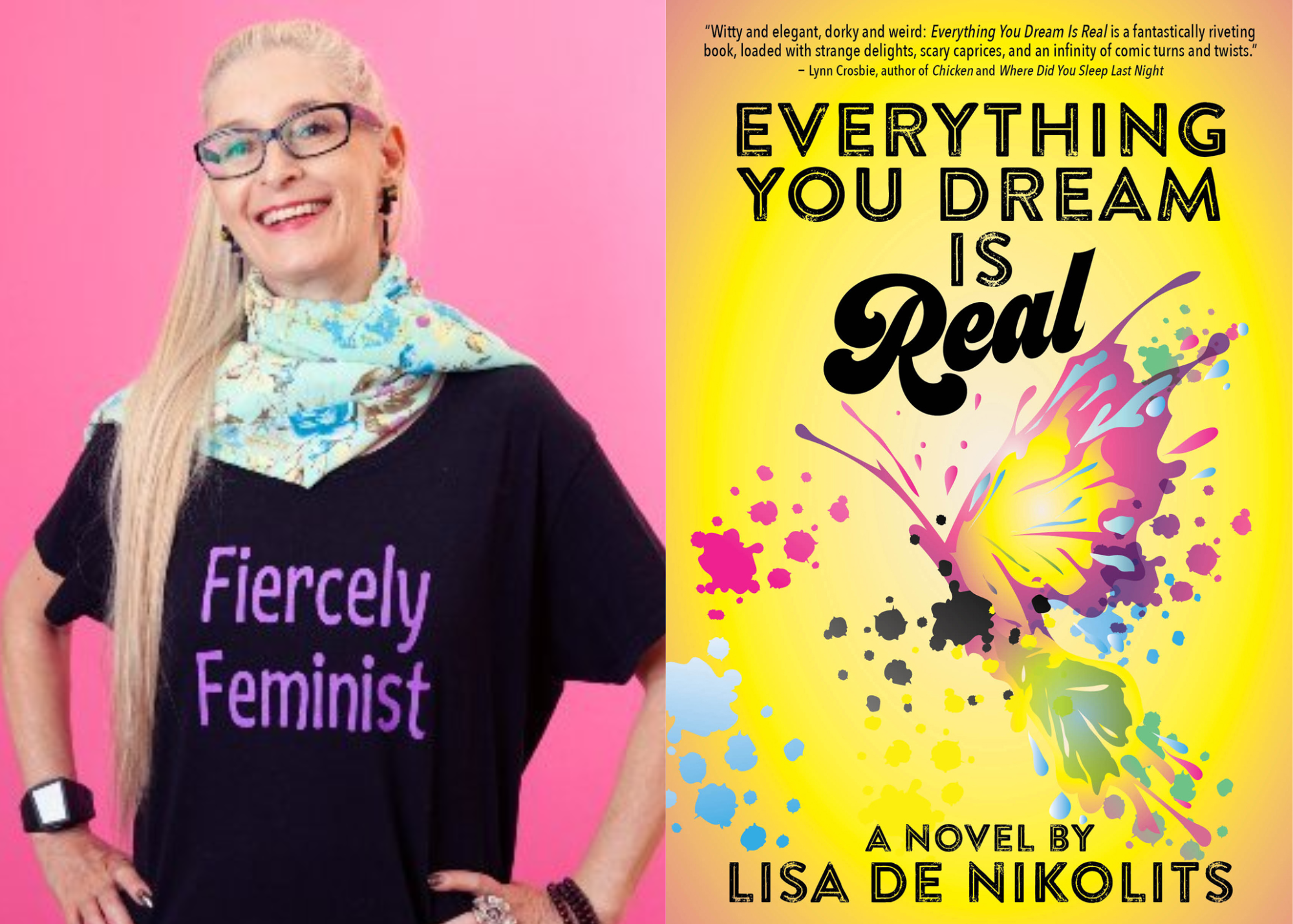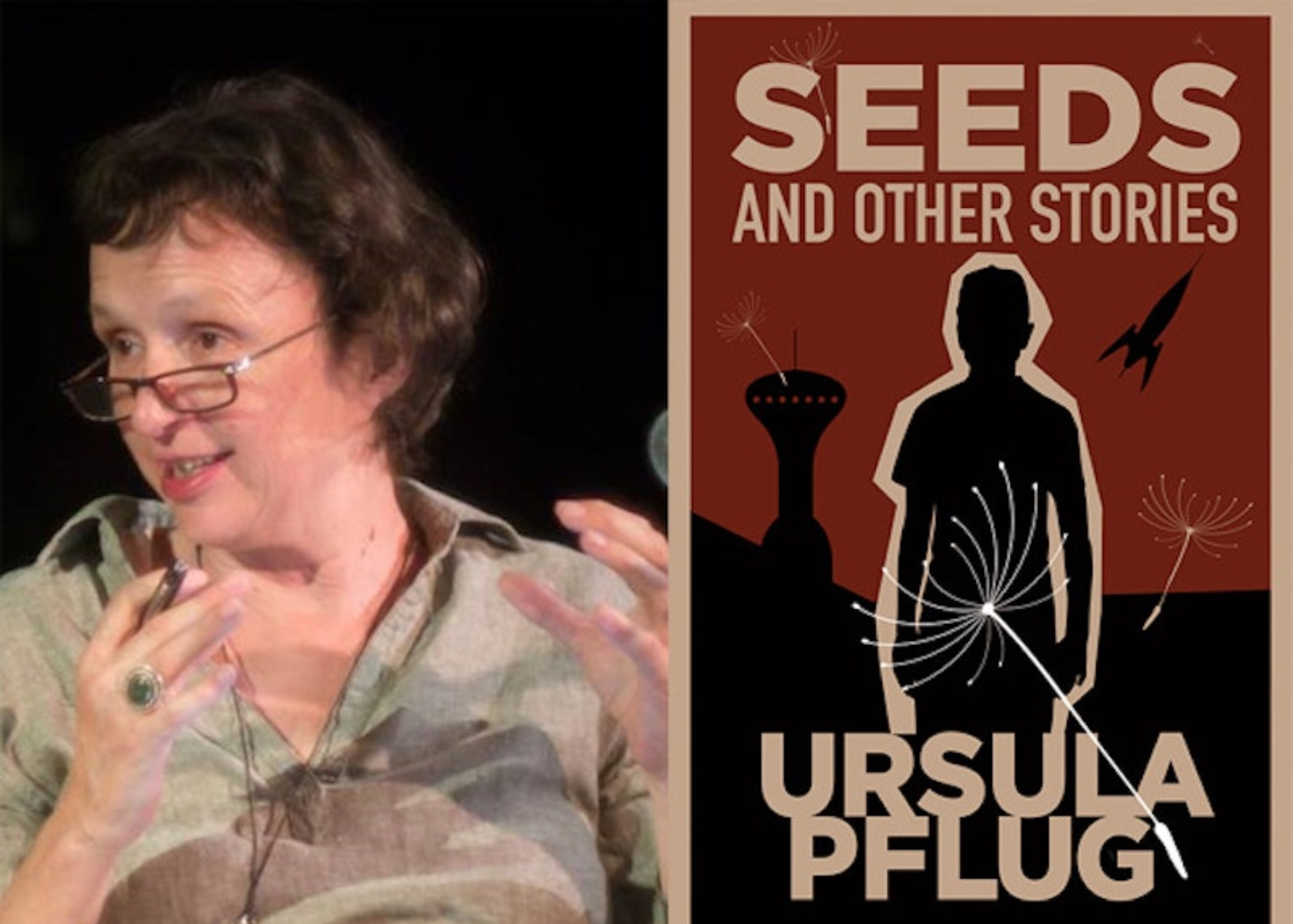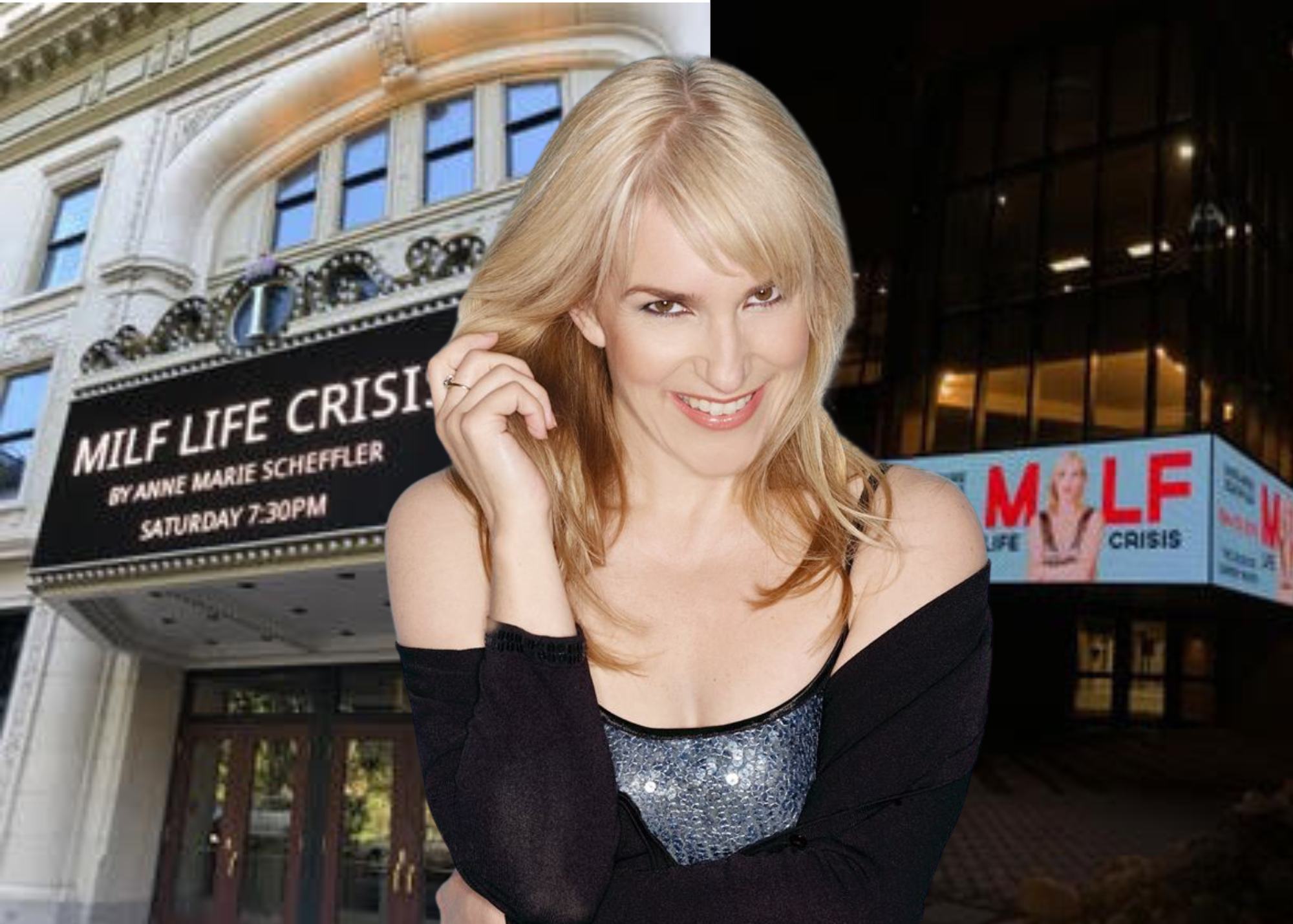
Word doesn’t always get around evenly, so in case you missed it, here’s the scoop!
In April 2023, LiisBeth Media, a leading feminist media publication focused on feminist enterprise practice merged with rabble.ca, Canada’s longest running (founded, on April 18, 2001) online, award-winning, lefty, independent, community-driven news outlet.
Since then, we have been on quite a journey. But lovin’ every minute! Mergers, or in this case, mind-melds between two indie, under-capitalized entities with long to-do lists is like travelling on a cow path versus a super highway. We are diligently taking it one kilometre at a time.
About rabble.ca
Cofounded by Tonya Surman (Centre for Social Innovation), Mark Surman (Executive Director, Mozilla Foundation) and Judy Rebick (Canadian feminist activist, journalist) in 2001, rabble.ca is one of the first digital journalism organizations in Canada, and the first to incorporate as non-profit. rabble.ca has been at the forefront of reporting on national politics with a credible progressive lens that centres on issues of social movements, labour, and grassroots activism. Feminist journalism has always been part of the editorial focus. With LiisBeth in the house, their coverage of the feminist economy will increase.
On LiisBeth
LiisBeth was launched in 2015 by pk mutch and grew to serve and inform over 30,000 unique annual readers and 2700 newsletter subscribers. The media enterprise also co-launched the Entrepreneurial Feminist Forum, the Feminist City Walk and sponsored feminist initiatives like VenusFest and The Don’t You Want Me Campaign. The goal of the feminist media upstart was to raise awareness and interest in the feminist enterprise space, support feminist enterprises in whatever form, and connect feminist entrepreneurs globally.
LiisBeth and rabble.ca began working together in 2021. It was soon clear that coming together would benefit both readership communities.
On the Merger
pk mutch, founder and publisher of LiisBeth is excited about how this “exit in community” will evolve.
“The LiisBeth board and team are all super proud of this merger which took a lot of care, thought and planning for a year to bring to a close.”
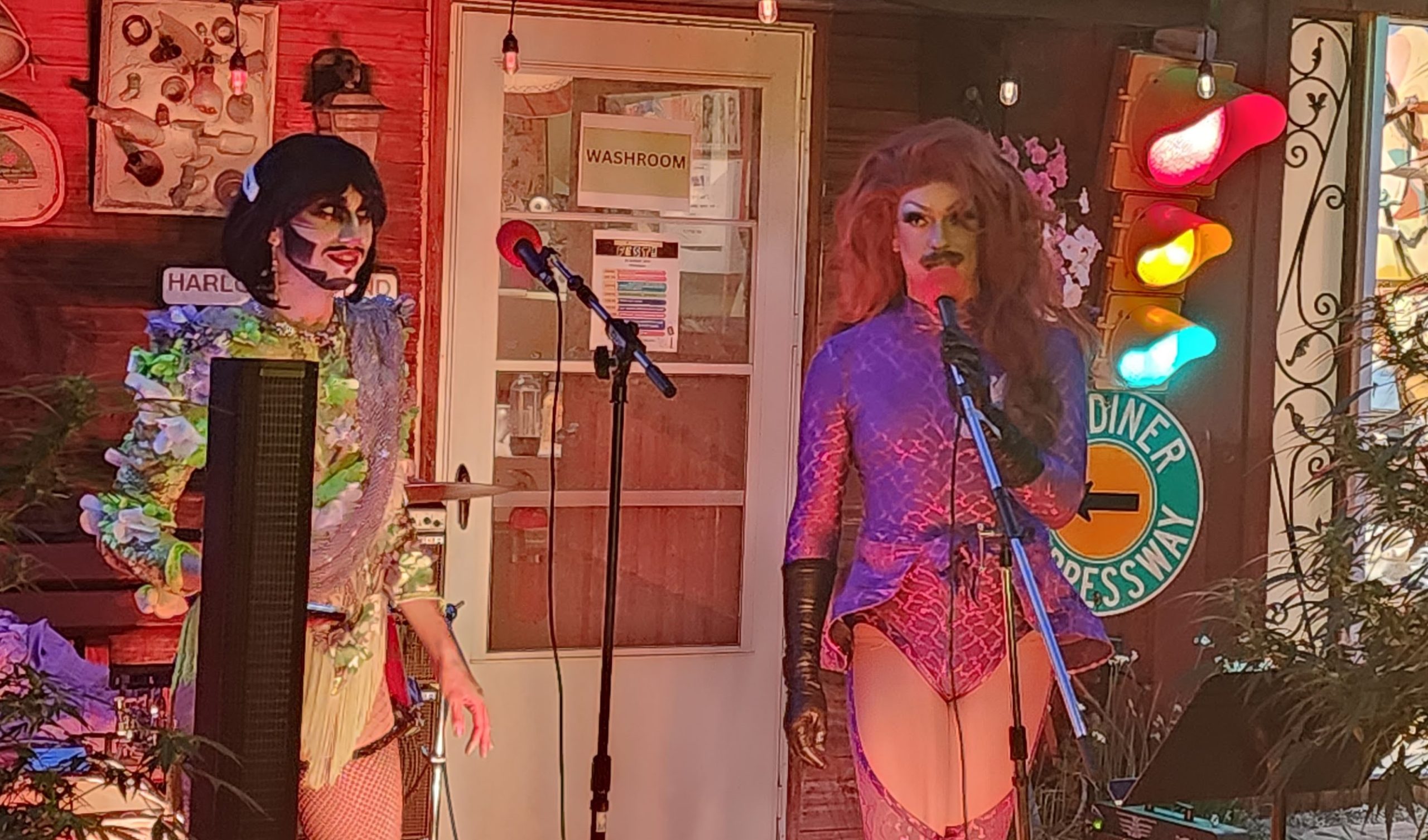
The overarching goal? Continue to invest in great feminist economy reporting and bring these ideas and stories to a larger, all gender audience. Plus, bring more feminist enterprise content, to more people; strengthening and amplifying our collective culture making work.”
Mutch adds “To be clear. We did not “sell” LiisBeth. LiisBeth is a community and a living system. You can’t sell a living community. But you can successfully bring communities together when everyone involved cares about the same things. It’s an exit in the community–versus an exit of economic extraction.”
To find out more, and meet the rabble.ca team, we invite you to watch the two-minute video (above) which explains how it will all work.
What’s Next for pk?
This is the third time mutch has transitioned an enterprise she created with friends and aligned supporters.
“My relationship with LiisBeth was a loving one. And it’s hard to put your lover into the arms of another. But like sci-fi writer Octavia Butler says, “What you change, changes you. Change is the only constant. God is Change.” When it’s clear there is a new and better path forward for your enterprise and the ecosystem connected to it, you have to get out of the way. Liisbeth needed a bigger mother tree to nourish and grow it from here.”
pk mutch plans to focus on teaching, writing and nourishing her other enterprise, Highwire Collective, which has been starving for attention in the last two years.
“I can’t help but seed and build out ventures. I love creating. I believe revolutionary feminist and post-capitalist enterprise work is what all entrepreneurs should be learning about today. It’s a niche form of political and economic norm-busting form of activism. It’s also a deeply creative, transformative craft. I am thinking of going super dark for a year to open up more blank space. I want to plunge into Mariana Trench of post-capitalist economics and new socialism conversation and learn how to put theory into practice at an enterprise level.”
What’s Next for All of Us?
Over the next several months, pk mutch, Kim Elliot, publisher of rabble.ca and the rabble.ca team will continue to work behind the scenes to develop and launch a new editorial plan and strategy to lift up and amplify feminist economy writing and reporting.
One of the first initiatives executed right out of the gate is the integration of a weekly LiisBeth fieldnote into rabble.ca’s weekly roundup.
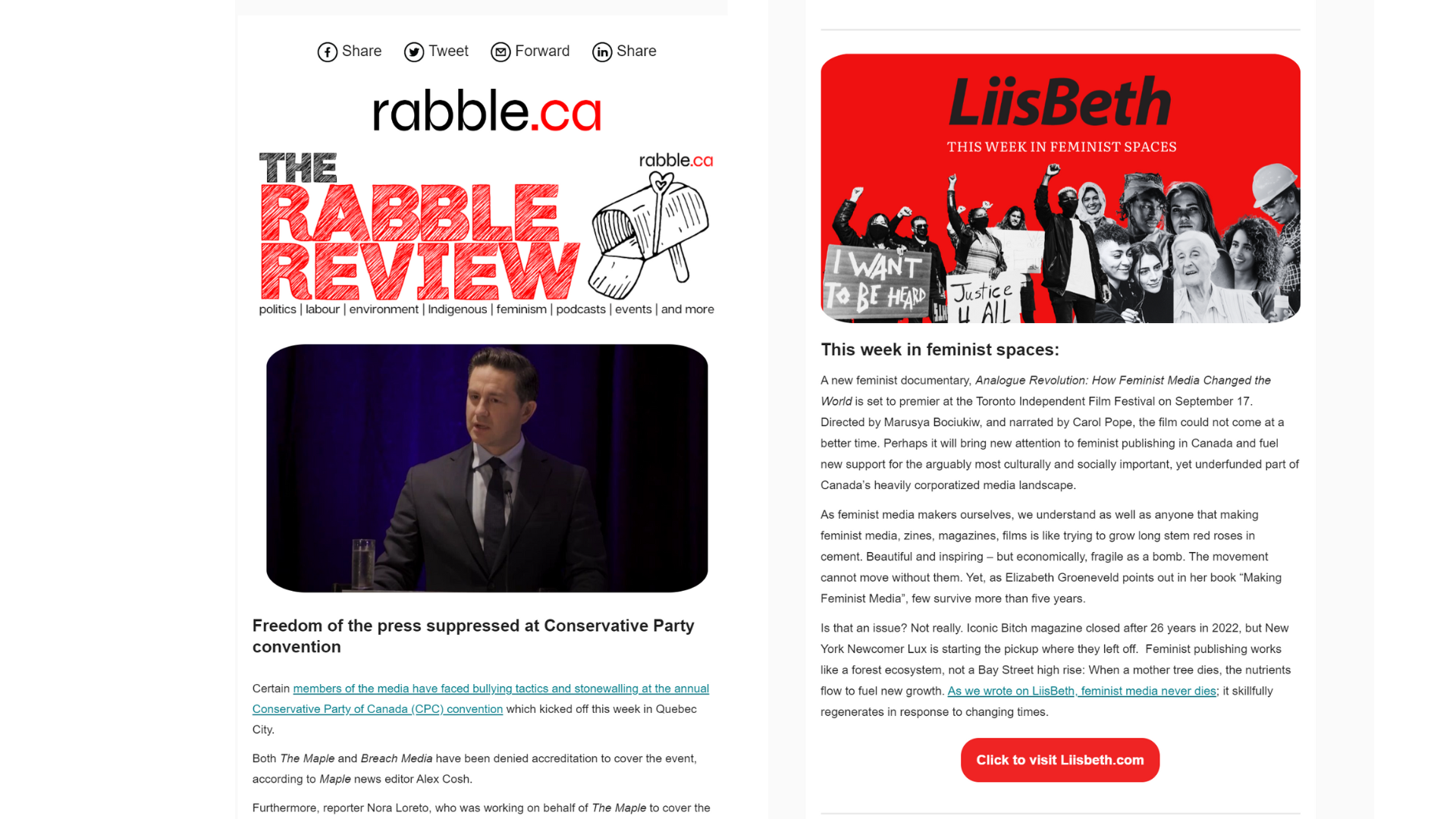
In the meantime, as work behind the scenes continues, all of LiisBeth’s seven years of content and archives will remain live on this site. There are over 480 articles here to explore.
You will begin to see more changes on our home pages over time.
Meanwhile, note that our monthly newsletter has ceased production.
All queries are now being reviewed by rabble.ca’s editorial team.
Updates to the site and posting of new content will be sporadic until the new plan is in place.
We appreciate your patience as we go through a bit of a bumpy period as we continue to evolve the plan in the coming months.
That said, to make sure you don’t miss a beat, we invite you to sign up to rabble.ca today (it’s open access) for updates.
Related Reading

A Founder’s Story: The Making of LiisBeth
This February, Liisbeth celebrated it’s fifth birthday; a senior in enterprise years. Our journey? Find out.
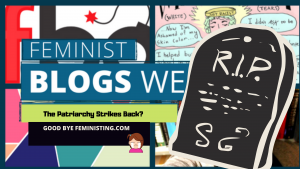
THE END OF FEMINIST MEDIA?
Is feminist media–or all media for that matter, dead?
























